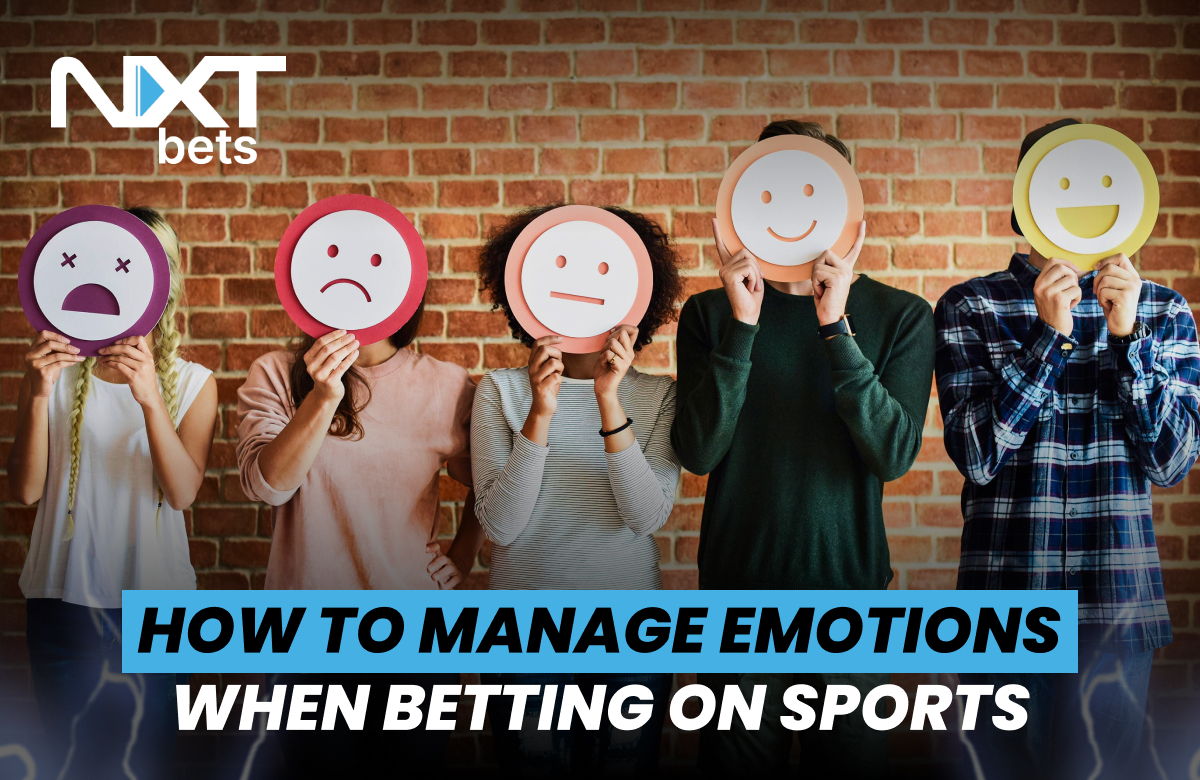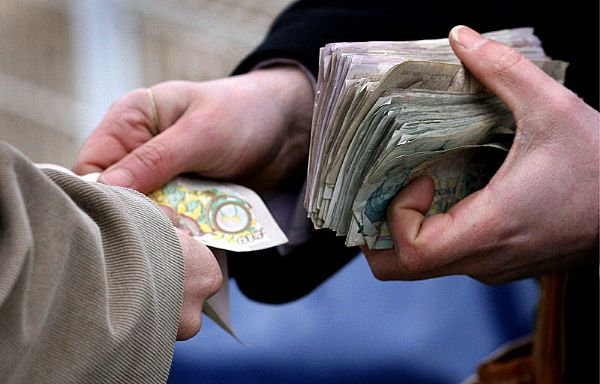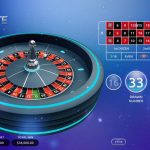
Ever placed a last-minute bet during a live game, heart pounding, convinced you’ve spotted a winning opportunity? That’s in-play betting—fast, thrilling, and psychologically loaded. But what’s really happening in your brain when you make split-second decisions under pressure? Let’s break it down.
Why In-Play Betting Feels Different
Unlike pre-match bets, in-play betting happens in real-time. The clock’s ticking, the crowd’s roaring, and suddenly, logic battles instinct. Here’s why it’s addictive:
- The illusion of control: You think you’ve got an edge because you’re watching the game. Spoiler: the odds still favor the house.
- Dopamine spikes: Every near-miss or sudden goal triggers a chemical rush—like a slot machine, but with added adrenaline.
- Sunk cost fallacy: Losing a bet mid-game? You might chase losses, convinced the next play will turn things around.
Cognitive Biases at Play
Our brains take shortcuts under stress. In-play betting magnifies these quirks:
1. The Hot Hand Fallacy
After three consecutive wins, you assume the streak will continue. But in reality? Each event is independent. Past performance doesn’t predict future results—no matter how convincing it feels.
2. Anchoring Bias
You latch onto the first piece of information you see (like initial odds) and adjust insufficiently from there. A team trailing by two goals might still seem like a “safe” bet because you anchored to their pre-game reputation.
3. Confirmation Bias
You notice every pass that supports your bet—and ignore the turnovers. It’s like only seeing green lights when you’re late for work.
Pressure and Decision Fatigue
Making rapid-fire choices drains mental energy. Ever ordered takeout after a long day because deciding felt impossible? In-play betting works the same way. The more decisions you make, the more your brain defaults to emotion over logic.
| Stage of Game | Common Mistake |
| Early minutes | Overreacting to small momentum shifts |
| Halftime | Doubling down to “recover” losses |
| Final minutes | Panic-betting on unlikely comebacks |
How to Bet Smarter (Not Harder)
Knowing the pitfalls is half the battle. Here’s how to stay sharp:
- Pause before clicking. Ask: “Am I reacting to data—or dopamine?”
- Set limits in advance. Decide your max loss before the game starts.
- Watch the game, not just the bet. Context matters. Is that star player limping? Is the weather affecting play?
The Takeaway
In-play betting isn’t just about odds—it’s a high-speed experiment in human psychology. The rush is real, but so are the traps. Next time you’re tempted by a live bet, remember: your brain might be playing tricks on you. And hey, that’s okay. Awareness is the first step to better decisions.













